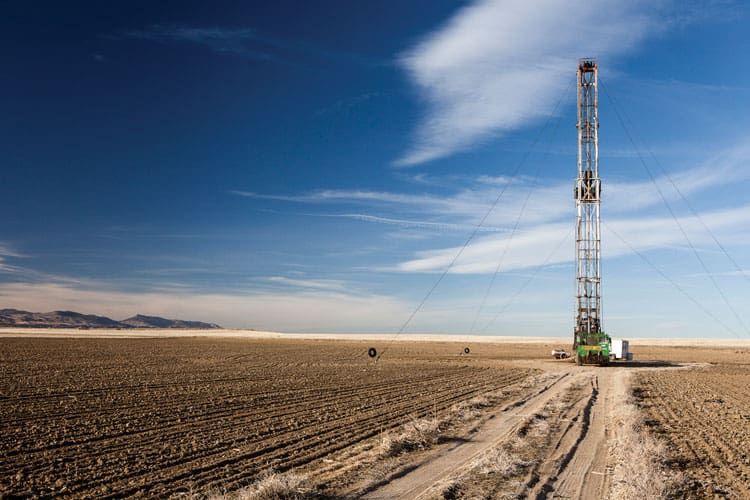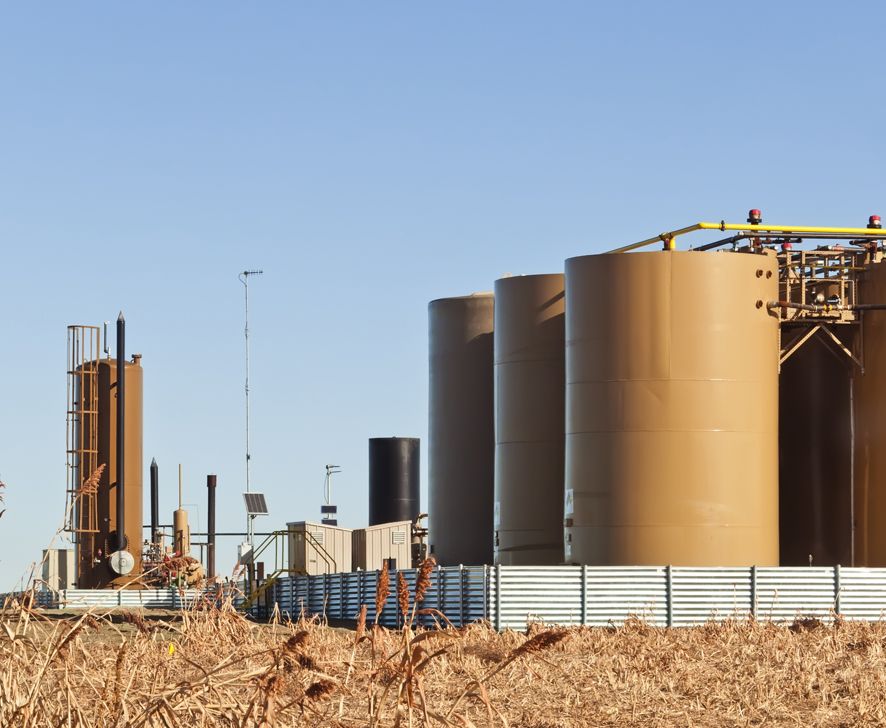State’s high court rules for oil, gas in Martinez case

DENVER — In a victory for the state’s oil and gas operators, the Colorado Supreme Court issued a decision Monday morning in a case that could have had major consequences for the industry.
Martinez v. Colorado Oil & Gas Conservation Commission, commonly referred to as the Martinez case, was brought in 2013 by a group of six teenagers, including Boulder brothers Xiuhtezcatl Martinez and Itzcuahtli Roske-Martinez. The teens, along with anti-fracking interests, petitioned the COGCC to make human and wildlife well-being a priority, not simply one of a host of factors, when deciding on drilling permits.
The commission balked, arguing that state lawmakers task the COGCC with balancing well-being with mineral owners’ property rights and other oil and gas industry considerations. Creating a new rule-making framework for the issuance of permits falls outside of the COGCC’s mandate, the commission claimed.
SPONSORED CONTENT
A court battle ensued. Lower courts agreed with the commission’s position, but the Colorado Court of Appeals overturned that decision.
The case was ultimately elevated to the state’s highest court. The Colorado Supreme Court heard oral arguments in October.
The justices reversed the appeals-court decision, providing a win for the oil and gas industry. Had the Supreme Court affirmed that previous decision, the industry would have faced much tougher scrutiny when seeking drilling permits.
In their decision, the justices wrote that the COGCC correctly determined that state statutes “do not allow it to condition all new oil and gas development on a finding of no cumulative adverse impacts to public health and the environment.”
The ruling continues: “Rather, the provisions make clear that the Commission is required (1) to foster the development of oil and gas resources, protecting and enforcing the rights of owners and producers, and (2) in doing so, to prevent and mitigate significant adverse environmental impacts to the extent necessary to protect public health, safety, and welfare, but only after taking into consideration cost-effectiveness and technical feasibility.”
Oil and gas industry representatives applauded Monday’s ruling.
“This case has dragged on for over five years and it’s time to focus on uniting to encourage energy development in the United States, and, specifically, in Colorado,” Colorado Petroleum Council executive director Tracee Bentley said in a prepared statement. “We are confident in Colorado’s energy future and the ability of the Colorado natural gas and oil industry’s ability to continue to reshape the global energy balance, fueling an American manufacturing revival and leading the world in environmental progress.”
The court’s decision marks the second time in recent months that oil and gas operators dodged a regulatory bullet aimed at curtailing drilling opportunities.
Colorado voters rejected Proposition 112 in November. Had the measure passed, it would have set strict new setback requirements on new drilling.
The state has, however, adopted some new, albeit much less aggressive, setback regulations. With support from the industry as well as environmental groups, the Colorado Oil and Gas Conservation Commission approved regulations last month that require new oil and gas wells and production facilities be located no closer than 1,000 feet from the perimeter of a school or child-care center property line. Previous rules imposed the 1,000-foot setback from school buildings, rather than the property line.
Additional oil and gas regulations are expected to come forward during this year’s legislative session.
“While I am disappointed in the decision (on the Martinez Case), it gives us at the legislature an opportunity to finally put health and safety first with oil and gas operations. It is well beyond time for us to protect Coloradans and our clean air and water,” Sen. Mike Foote, who represents a district that includes eastern Boulder County, said in a statement. “I am confident that my colleagues and I will come forward with legislation to do exactly that.”
DENVER — In a victory for the state’s oil and gas operators, the Colorado Supreme Court issued a decision Monday morning in a case that could have had major consequences for the industry.
Martinez v. Colorado Oil & Gas Conservation Commission, commonly referred to as the Martinez case, was brought in 2013 by a group of six teenagers, including Boulder brothers Xiuhtezcatl Martinez and Itzcuahtli Roske-Martinez. The teens, along with anti-fracking interests, petitioned the COGCC to make human and wildlife well-being a priority, not simply one of a host of factors, when deciding on…
THIS ARTICLE IS FOR SUBSCRIBERS ONLY
Continue reading for less than $3 per week!
Get a month of award-winning local business news, trends and insights
Access award-winning content today!



